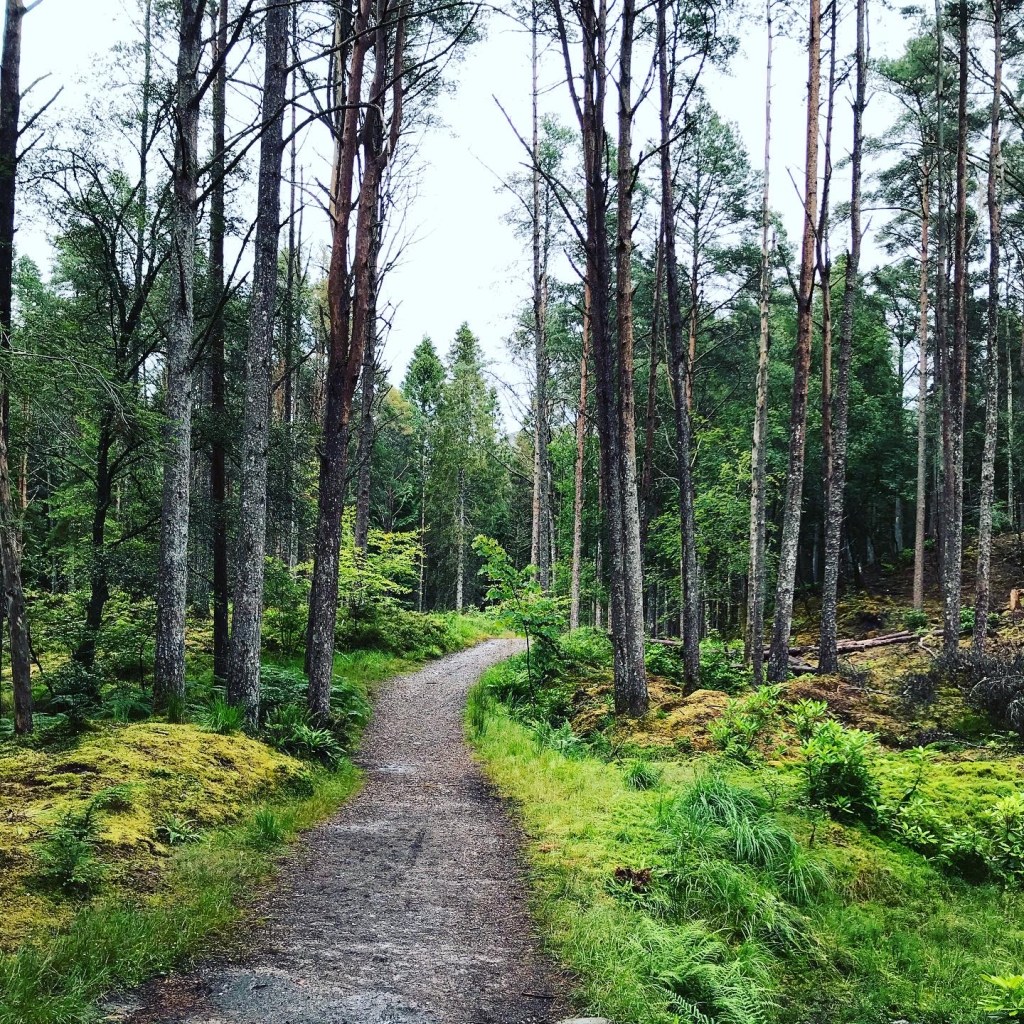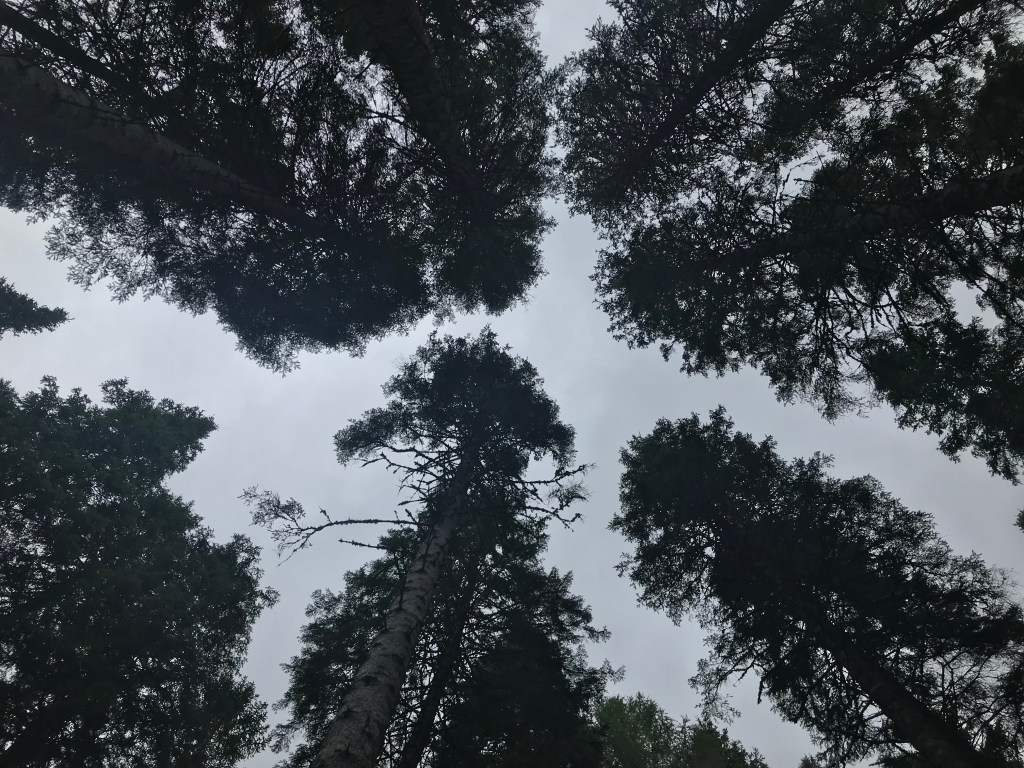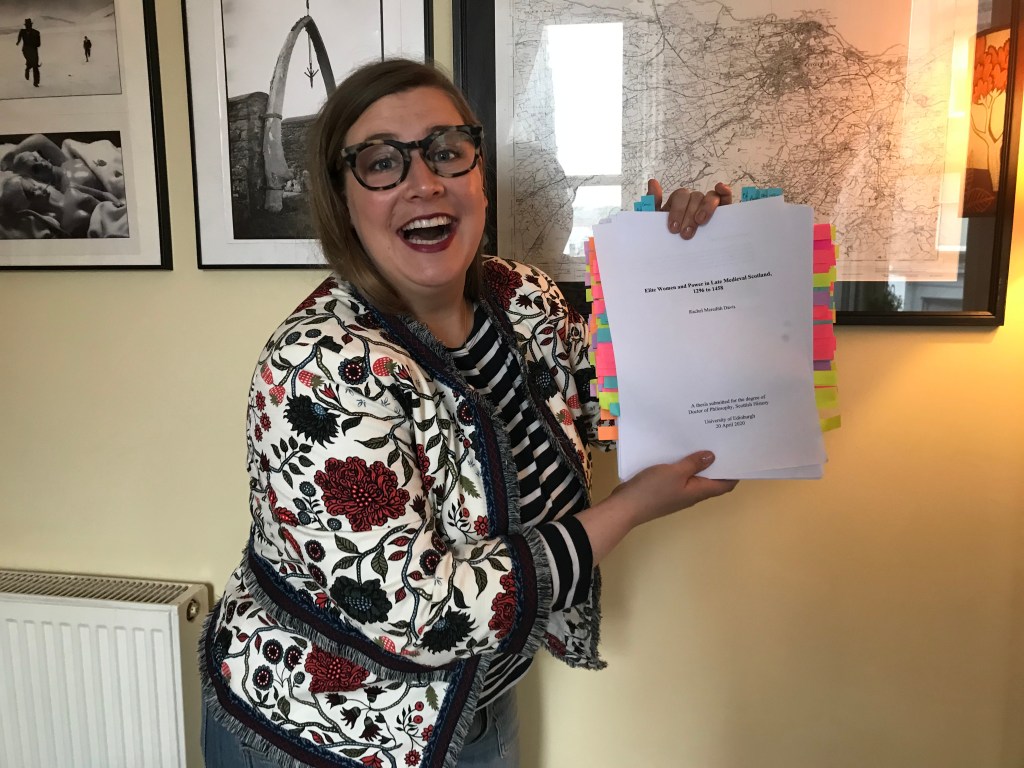‘That savage forest dense and difficult’
This blog has taken some time coming to fruition. I started thinking about it as I came to the end of my PhD during the Covid-19 crisis watching as academic job after academic job, heritage job after heritage job was postponed or disappeared from various job posting sites in a response to economic changes. I felt like Dante’s voyager-narrator:
When I had journeyed half our life’s way,
I found myself within a shadowed forest,
for I had lost the path that does not stray (Inferno, Canto I, ll.1-3).
The career that I had envisioned for myself post-viva had disappeared from view and I felt dizzy from being knocked off course. The ground had shifted underneath and the way that had seemed clear was now not visible.

This feeling is not unique to me, nor is it entirely new. The academic job market for post-PhD and early career researchers has become increasingly competitive and challenging for those in the arts and humanities. However, the emergence of Covid-19 and the subsequent crisis has created an entirely new and arguably bleaker field for those of us emerging from the PhD searching for work. I feel similarly to an errant knight, having completed his training, set free into the world, yearning to prove my mettle and gain my fame as best I can.
Errant here, I hope, will show its full range of meaning each week as I find my way as an early career researcher. My penchant for etymology started in my undergraduate with a Latin tutor that enjoyed testing (torturing) us with the tertiary and quaternary (and so on) definitions of verbs. Errant is derived from the Latin errare, which translates primarily as ‘to wander’, much like our knight above. Other definitions include ‘to go astray’, ‘to make a mistake; err’, and ‘to vacillate’. Each of these definitions relate to my PhD and my academic journey thus far and I will take each of them in turn.
To go astray
My PhD doctoral project was never linear in its progression, despite my best efforts to impose a linearity to it. However, the more my research progressed, the more I realized that my efforts as a researcher had to meander because the pursuit of over-looked and under-valued histories are often not waymarked in the archives or easily seen at first glance. The development of my academic work occurred as I wandered and some of my best ideas came when I leaned into the complexity and inter-connectedness of my source material. Academic wandering is increasingly hard to do with the pressures of academic progression, the push to finish in three or four years, and the notion that if you don’t publish you certainly will perish.
To make a mistake; to err
When I first started studying Latin, this was the definition that came most readily to mind. Even now when I see the word errare my mind jumps to the English ‘error’ as its spelling resembles the Latin so closely. To make a mistake is something that I feared at the start of my postgraduate work. The thought of getting historical interpretation wrong even two years ago could induce an instant panic attack and and a cold sweat. This mostly tied into the imposter syndrome I dealt with throughout my PhD. Every year before my progression meeting, I would worry that one of my supervisors had found me out and that the meeting would be my exposure for fraud. This, I now know, was all in my head, but the fear of ‘getting it wrong’ certainly marred the development and confidence of my PhD thesis in its early drafts.
And I did get it wrong sometimes too. Not every early interpretation of my findings was the best fit. Getting it wrong is an important part of the process. It allows you to embrace the complexity, or what I like to call the messiness, of medieval primary source material. I used to associate making a mistake with failure. But it’s not. Making a mistake is just an opportunity to return to the source material and re-think, to fall back and re-group.
To vacillate
I love to vacillate in my work. This perhaps ties into my fear of making a mistake. I would feel much more comfortable wavering between different opinions or interpretations rather than settling on one that is rejected by my peers. I don’t think all vacillation is bad. There are times when there is too little surviving evidence to offer decisive conclusions. Here, a tentative offering of suggested interpretations seems better to me. This seems especially necessary in histories offering alternative chronologies, i.e. women’s and gender history and others, where the evidence is patchier and the conclusions don’t necessarily fit within ‘master narratives’.

‘The road goes ever on and on’
I am aware that beginning a blog with the opening lines from Dante’s Inferno might convey despair or a general hopelessness on my part. However, it was not my intention. Dante’s Divine Comedy, like other medieval works is a journey. The emphasis is on the evolution of the voyager-narrator. Chaucer’s Canterbury Tales were stories told to pass the time on the way to Canterbury, not what happened once they got there. As I evolve from PhD student to early career researcher in these uncertain and unprecedented times, it would behoove me to continue to reflect on the fact that the journey is far more important than the destination.

I ought to draw this rambling prologue to a close and offer you, dear reader, a programme for what is to come. I intend for this to be an academic(ish) blog. What I mean is that it will be a reflective and meditative space for me to explore ideas that relate to my research and a space for me to continue with my writing now that I’m not being kept to the deadlines of the PhD writing up process. It is an academic cum personal blog. My past historical practice and current work has been subjective and reflexive and I intend to continue my practice in this way. Expect to see posts reflecting on grief, loss, mental health, as well as politically charged issues like the #metoo Movement. As it is personal, references to the Lord of the Rings and other literature, like Dante and Milton, will abound as they hold a special place in my heart and are often what I turn to for comfort. I will close here with Milton:
Some natural tears they dropped, but wiped them soon;
The world was all before them, where to choose
Their place of rest, and Providence their guide;
They hand in hand with wand’ring steps and slow,
Through Eden took their solitary way (Book XII, ll. 645-50).
And so I emerge, newly doctored from the PhD programme, wandering slowly toward the career meant for me.
Onward.
All references to Dante are taken from Dante Alighieri, The Divine Comedy, Allen Mandelbaum (trans). (London, 1995).
Reference to Milton comes from John Milton, Paradise Lost (London, 2003).

.. and the career will find you. In the meantime, and hopefully after, I will enjoy hearing your distinctive voice via your posts!
LikeLiked by 1 person